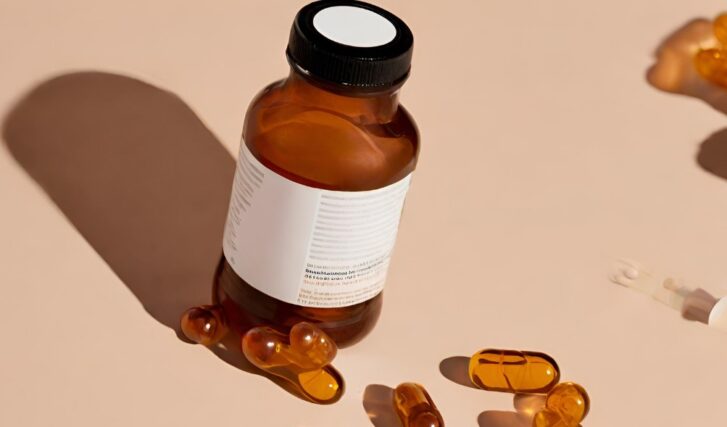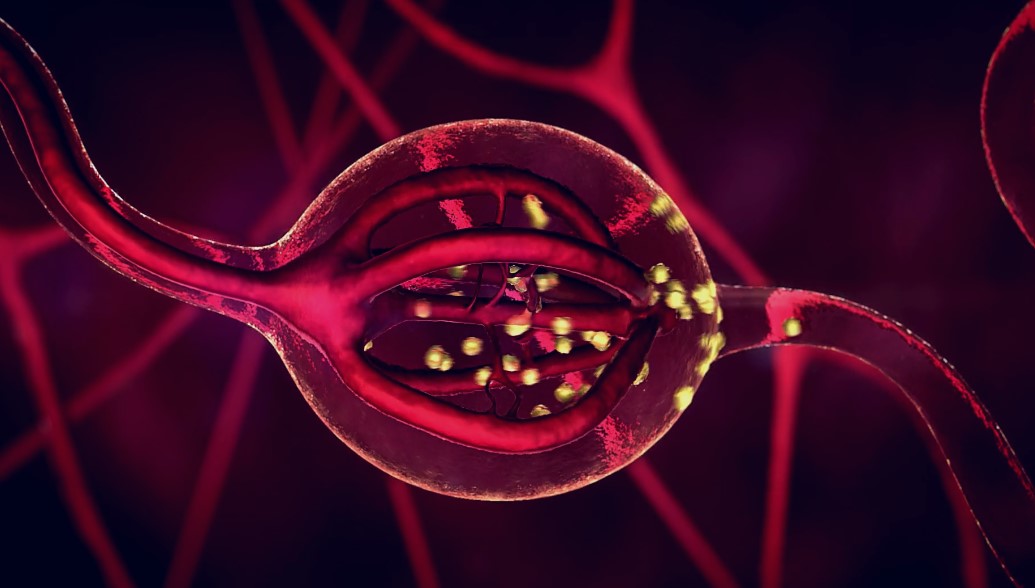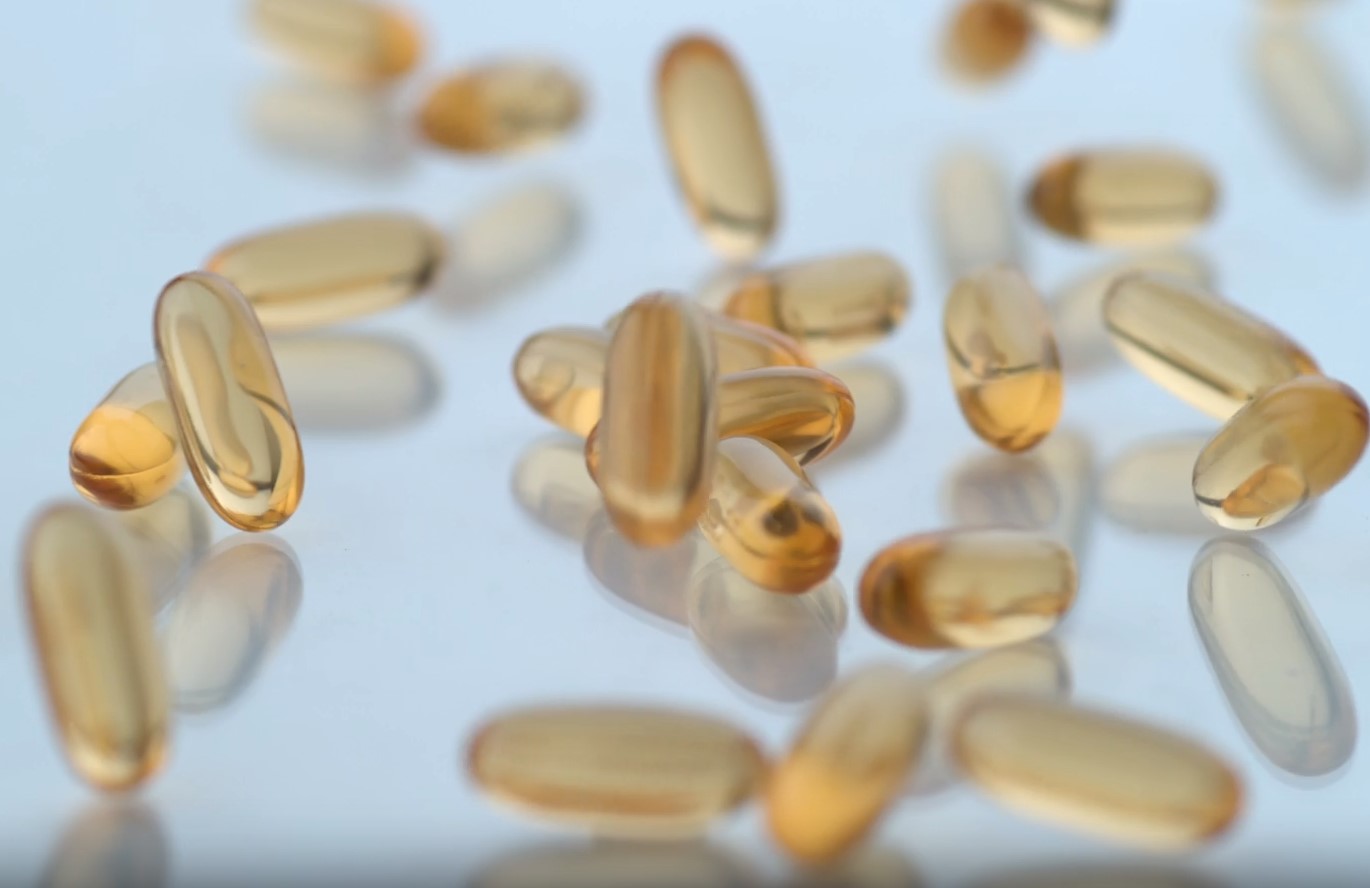Probiotics, which are beneficial microorganisms, play a crucial role in women’s health. Our bodies, comprising about 100 trillion cells, are home to a diverse collection of microbes. This includes a majority of bacteria, along with yeasts and parasites.
For women, probiotics highlight the vital role these microorganisms play in sustaining a balanced gut bacteria environment, essential for maintaining hormonal stability.
Today, I’ll share essential insights about the vital connection between probiotics and hormonal imbalance.
Probiotics and Hormonal Balance
Probiotics play a crucial role in women’s hormonal health. The gut microbiome, significantly influenced by probiotics, is essential for hormone regulation, including processing and disposing of estrogens.
Imbalances in gut bacteria can disrupt hormone levels, impacting health. Incorporating probiotic-rich foods, such as yogurt and aged cheese, nurtures a healthy microbiome and promotes hormonal balance. This is particularly crucial for women, given the influence of hormonal fluctuations on various health conditions.
The interplay between gut health and hormone balance is a key aspect of women’s health, underscoring the importance of probiotics in their diets. It can be quite a significant factor during pregnancy.
This relationship demonstrates probiotics’ potential to naturally regulate hormones, enhancing overall well-being and addressing specific health issues caused by hormonal imbalances. Naturally, it can provide benefits to the mental well-being.
| Factor | Impact on Hormonal Balance |
|---|---|
| Gut Microbiome Health | Regulates estrogen levels, affects overall hormonal equilibrium |
| Hormonal Fluctuations | Influenced by gut bacteria balance, affects women’s health conditions |
| Regular Consumption | Supports healthy microbiome, promotes hormonal balance |
| Women’s Health | Hormonal balance critical for addressing specific conditions |
The Gut-Hormone Connection
The Gut-Hormone Connection is a pivotal aspect of women’s health, emphasizing the profound impact of the gut microbiome on hormonal balance. This intricate relationship is central to understanding how probiotics for women influence health. Beneficial probiotic strains like Lactobacillus play a crucial role in fostering a balanced microbiome.
This balance is integral to gut health, which in turn is a significant factor in regulating hormones. The microbiome’s role in processing and disposing of estrogens showcases the deep interconnection between a healthy gut and hormone regulation.
This dynamic underscores the importance of maintaining a healthy gut microbiome, as it contributes to overall hormonal harmony, impacting various aspects of women’s health. The gut microbiome consists of trillions of microorganisms, including bacteria, fungi, and viruses.
These microorganisms are not mere passengers; they actively engage in a symbiotic relationship with the host, influencing numerous physiological processes. One of these processes is hormonal regulation, where the microbiome plays a role in synthesizing certain hormones and modulating the body’s response to others.
Certain gut bacteria can influence the body’s response to insulin, the hormone responsible for regulating blood sugar levels. An imbalance in these bacteria can lead to insulin resistance, a precursor to conditions like type 2 diabetes.
Similarly, the gut microbiome affects the metabolism of sex hormones, such as estrogens, which can have implications for conditions like polycystic ovary syndrome (PCOS), menstrual irregularities, and even mood disorders. As you can presume, this is quite different from urinary infections caused by microbiomes.
Potential Effects of Probiotics on Hormones
Probiotics’ influence on hormones is multifaceted. While they generally promote hormonal balance by enhancing gut health and reducing inflammation, there is also a potential for hormonal imbalances if the microbiome is disrupted.
Enhancing Hormonal Balance
Probiotics positively affect hormonal balance by improving gut health. A healthy gut microbiome plays a key role in the metabolic processes, including the metabolism of hormones.
Probiotics for womenaid in maintaining the right balance of gut bacteria, which is crucial for the efficient functioning of hormonal pathways.
For instance, they can help in regulating the levels of cortisol, the stress hormone, thereby reducing stress-related health issues.
Risk of Hormonal Imbalances
Conversely, an imbalance in the gut microbiome, potentially caused by inappropriate probiotic use or environmental factors, can disrupt hormone levels. This disruption can manifest in various health issues, such as menstrual irregularities or mood swings.
It’s important to understand that the microbiome’s influence on hormones is complex and can vary significantly from person to person.
Dynamic Microbiome and Hormonal Health
The human microbiome develops from birth and continually evolves, being more influenced by environmental factors than genetics. This dynamic nature means that the impact of probiotics on hormonal health can vary throughout an individual’s life.
Factors like diet, stress, medication, and lifestyle all play a role in shaping the microbiome, thereby influencing its interaction with the hormonal system.
Factors Influencing the Effect of Probiotics on Hormones
The effectiveness of probiotics for women on hormones is influenced by a variety of factors. These include diet, lifestyle, and environmental aspects, which collectively shape the gut microbiome and thereby affect hormonal balance.
The choice of probiotic strains, their dosages, and the method of storage and consumption are crucial in harnessing their full benefits. This necessitates a personalized approach to probiotic use, considering individual microbiome differences and specific health needs. Key Influencing Factors:
- Diet: Certain foods can enhance or hinder the effectiveness of probiotics. A balanced diet rich in fiber, for example, can support probiotic function.
- Lifestyle Choices: Stress levels, sleep patterns, and physical activity all have significant impacts on gut health and, consequently, the efficacy of probiotics.
- Environmental Influences: Exposure to pollutants, antibiotics, and other environmental factors can alter the gut microbiome, affecting how probiotics interact with hormones.
- Probiotic Strain Selection: Different strains have different effects on gut health and hormonal balance.
- Dosage and Quality: The amount and quality of probiotics consumed are critical for their effectiveness.
- Storage and Ingestion: Proper storage ensures the viability of probiotics, while the method of ingestion can influence their efficacy in the gut.
Safety and Recommendations
Probiotics, while generally safe, require careful consideration, especially when combined with certain medications. Interactions can occur, for instance, with immunosuppressive drugs. Consulting healthcare professionals is essential for personalized advice and to avoid adverse effects. They are usually not consumed together with antibiotics.
For effective probiotic intake, it is recommended to choose products with ‘live, active cultures’, such as certain yogurts, which ensure the presence of beneficial bacteria. Avoiding products like frozen yogurt with stabilizers is advisable, as these additives can negate the probiotics’ benefits for women.
Additionally, checking for product quality and expiry dates is crucial to ensure that the probiotics are active and effective. Following these guidelines will help in leveraging the health benefits of probiotics for optimal gut health and hormonal balance.
FAQs
Can gut health cause low estrogen?
Yes, gut health can influence estrogen levels. The gut microbiome plays a role in metabolizing estrogen. An imbalance in gut bacteria, known as dysbiosis, can lead to decreased estrogen levels, impacting overall hormonal balance.
Can gut health affect estrogen levels?
Absolutely. The gut microbiome is involved in the regulation and metabolism of estrogen through an activity known as the estrobolome. A healthy gut can aid in maintaining balanced estrogen levels, while gut dysbiosis can disrupt this balance.
Do probiotics increase progesterone?
There is limited direct evidence to suggest that probiotics can increase progesterone levels. However, probiotics contribute to overall gut health, which is crucial for hormonal balance, including the regulation of hormones like progesterone.
Closing Thoughts
In my experience, while probiotics bring a multitude of health advantages, it’s essential to grasp their influence on hormones. This understanding must take into account individual differences and adhere to safety guidelines for their effective utilization in naturally balancing hormones.

















